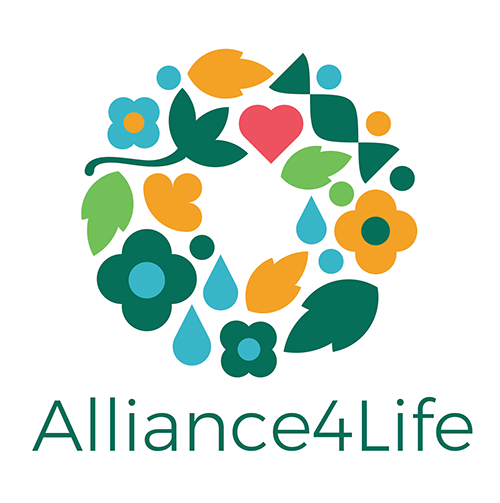
Lodz A4L Trigger Event: Joined Forces on Improving the Social Impact of Science
A trigger event held in Lodz, Poland, brought together researchers and stakeholders from across the region to explore the power of collaboration in driving the social impact of science.
The "Science Joins Forces: Networking for Social Impact" conference, held on February 21-22nd, was part of the "Alliance for Life Sciences: form Strategies to Actions in Central and Eastern Europe" project. The event focused on fostering connections and sharing ideas for effective collaboration across local, national, and international networks to enhance the social impact of science. It was co-organized with the University of Lodz to improve the spillover of the event.
Over 120 participants, including researchers, university staff, cultural institutions, and NGOs, joined the event. Opening remarks by Prof. Agnieszka Kurczewska (University of Lodz) and Prof. Lucyna Woźniak (Medical University of Lodz) underscored the importance of collaboration, emphasizing the multiplier effect of joint efforts compared to individual endeavors. As an example of good practice in this area, Prof. Wozniak pointed out the A4L consortium and presented the main ideas developed by the Alliance4Life consortium in the ongoing project.
The conference delved into crucial topics:
Effective Institutional Cooperation: Speakers shared insights on building strong partnerships between institutions, leading to increased international visibility and research impact.
Academic Networking: Experts guide fostering connections and knowledge exchange within the dynamic scientific community.
Communication with the Public: Speakers prioritized translating complex research into accessible language to engage a broader audience effectively.
Science for Society: Discussions explored ways to translate scientific discoveries into tangible benefits for society and the economy.
Science Communication Skills: Renowned climate journalist Szymon Bujalski offered practical tips on preparing and presenting scientific information on social media.
Among the speakers and panelists were representatives of Lodz universities, the National Science Center, and popularizers of science.
The second day of the conference provided practical workshops. Participants honed their media relations and communication skills with journalist Monika Czerska. Experts from the Academic Career Office and Information Library Center offered guidance on building visibility and influence for the university units. A unique "escape room" experience tackled research data management in an engaging format.
The conference aligned with the A4L_ACTIONS project's focus on science communication, aiming to enhance participants' visibility, networking skills, and participation in international collaborations. This event is a valuable stepping stone towards a future where science effectively bridges the gap between research and societal needs.

